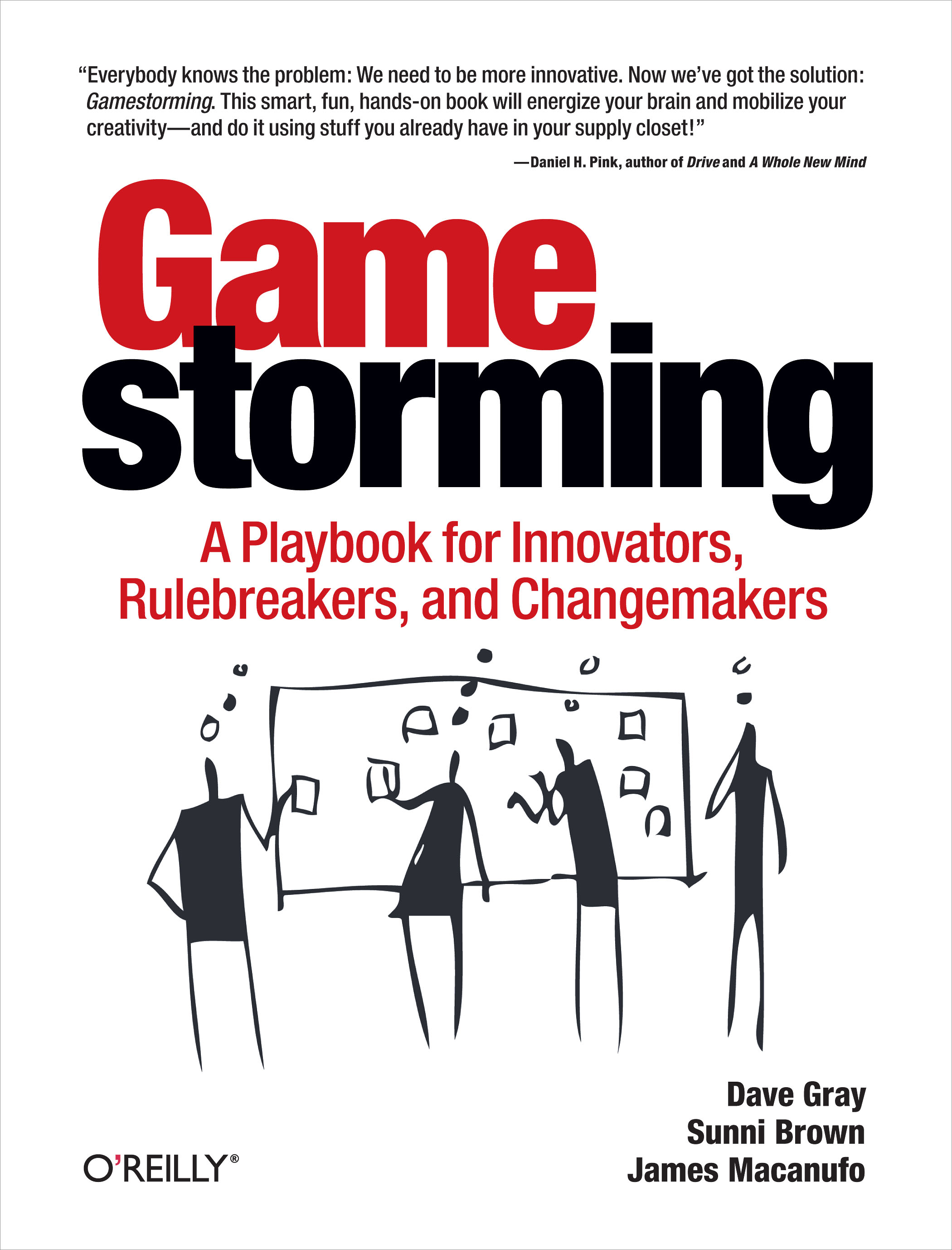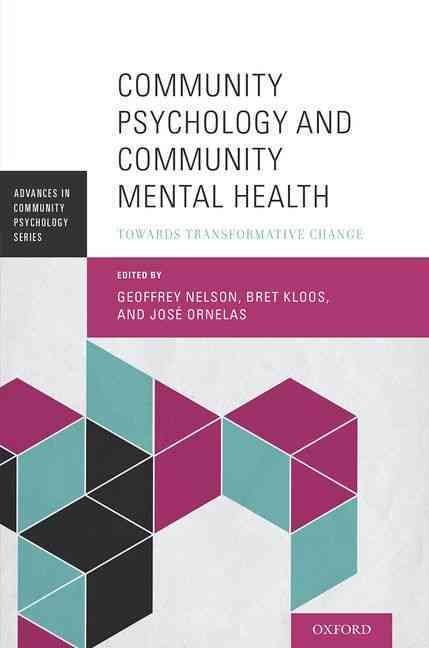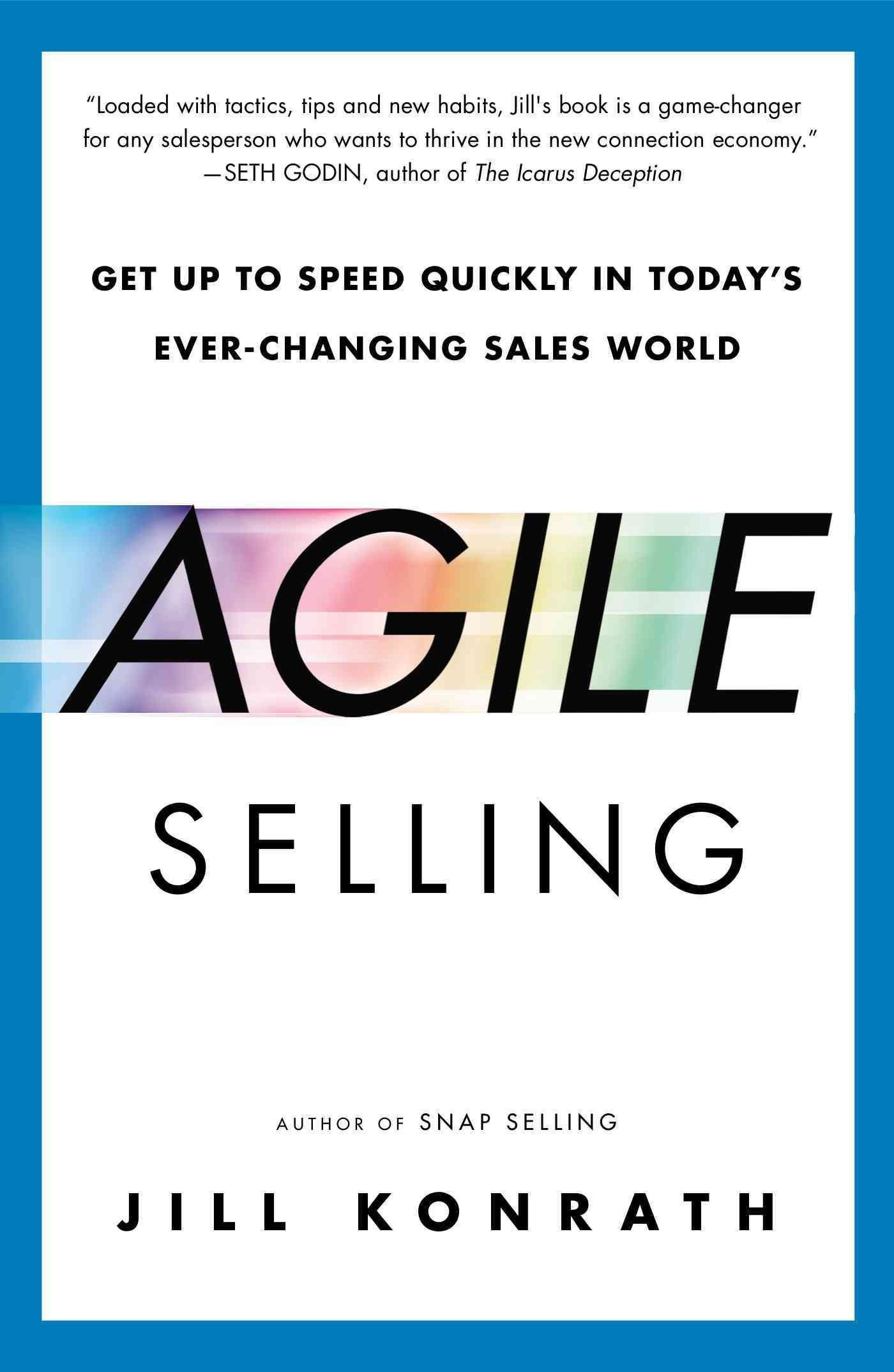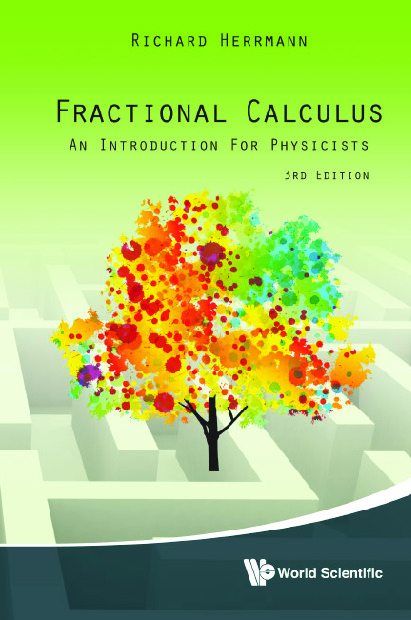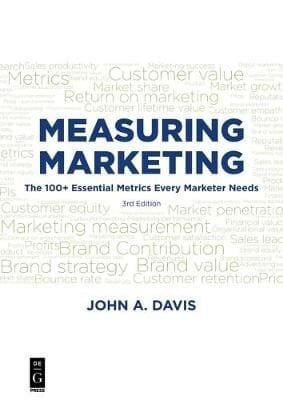This book explores the latest advances in the sustainable production of packaged foods. Packaging plays an important role in sustainable food production and consumption in industrialized countries, where there is an increasing pressure to reduce the environmental impact of packaged foods. For example, the European Union recommends packaging from renewable sources, with a focus on bio-based materials. Sustainable packaging processes guarantee the reuse of the entire waste material and at the same time avoid the loss of food safety and quality during storage by preventing food-borne diseases and chemical contamination. Furthermore, the dramatic problem of plastic waste accumulation and the conservation of oil and food resources need to be taken into consideration. This book presents eco-friendly packaging strategies to reduce food and plastic waste and address the end-of-life issues of persistent materials. It particularly focuses on the production of biodegradable microbial polymers and the use of by-products and waste from the agricultural and food industries. These strategies promote an innovative and productive waste-based food packaging economy, separating the food packaging industry from fossil reserves and allowing bio-polymers to return to the soil. Lastly, the book covers life-cycle assessment, life-cycle costing, and externality assessment to help readers understand the economical reliability of the innovations presented.

